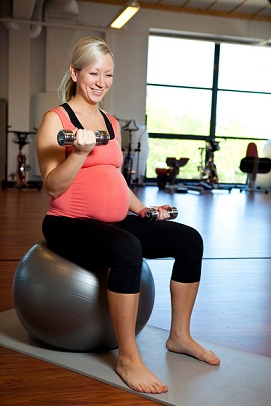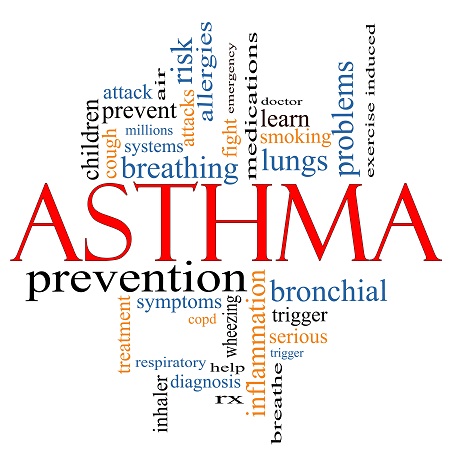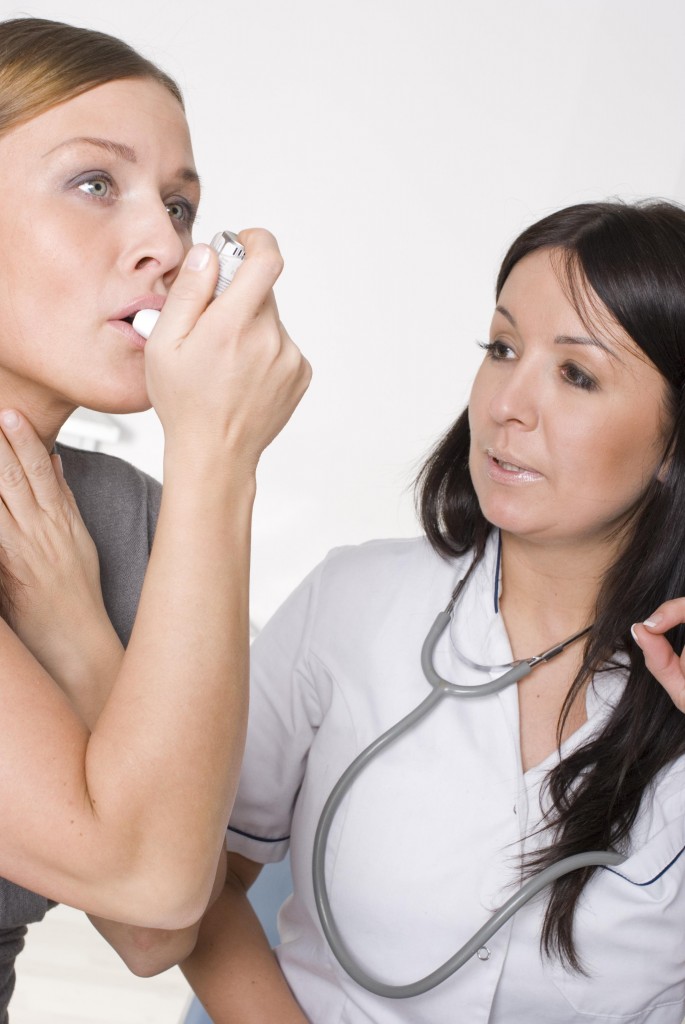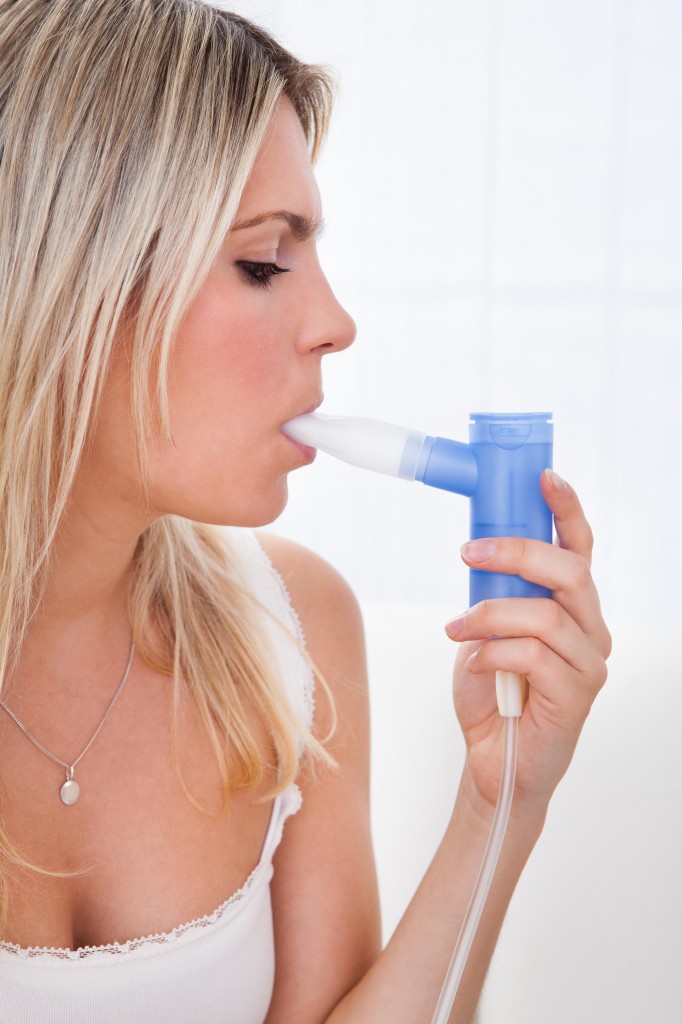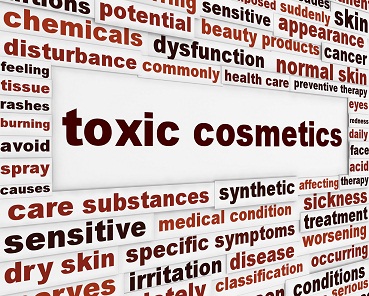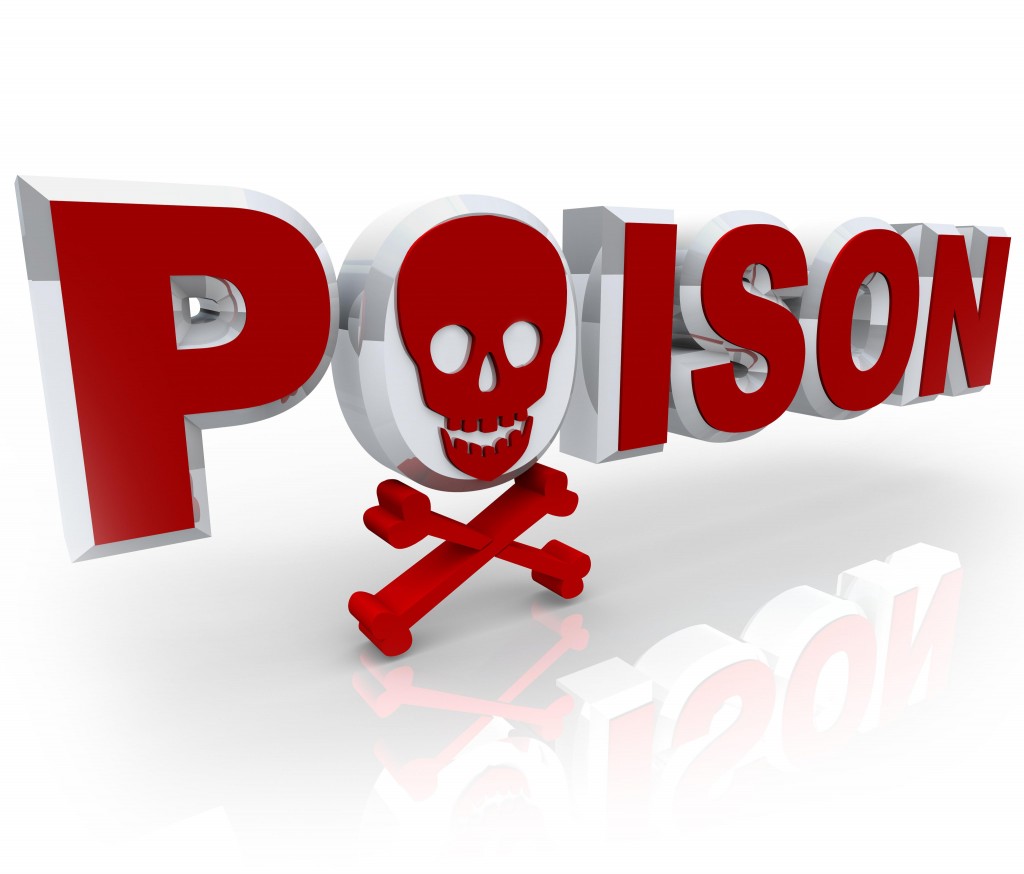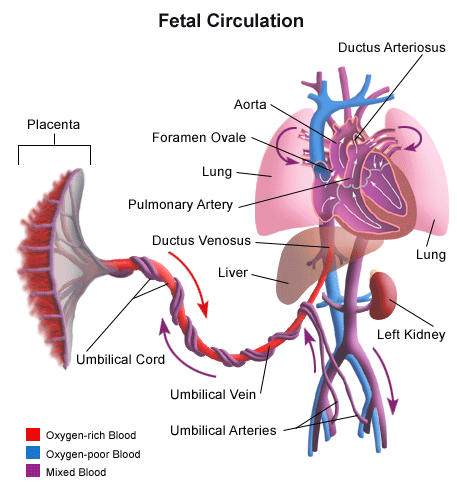7 Secrets For Pregnancy!
These are 7 great tips for pregnancy written by Dr. V Sachar.Dr. Sachar is a high risk pregnancy specialist, who has created the world’s first cosmetic line devoted toward safe, non-toxic products for pregnancy. Toxin exposure during pregnancy may be associated with the development of adult diseases later in life.These diseases may have origins early in life from toxin exposure even in utero.
1. Continue to exercise!
Continuing to exercise during pregnancy, better prepares you for your delivery, and regular exercise helps keep your weight gain in check. 30 minutes of exercise on most, if not every day of the week is recommended. Keeping your intensity to a level such that you can easily talk while exercising, will not cause any risk to the baby. Note, during pregnancy, low impact exercise, that does not expose you to injury is only recommended (no rollerblading!); always discuss your exercise regimen with your obstetrician.For more information refer here at Acog.

Safe exercise is recommended, skateboarding is NOT!
2. Don’t eat for the baby!
For the longest time, it was believed that you have to gain 35-40lbs for every pregnancy, regardless of your pre-pregnancy weight. What happened though, is that women who were already obese to start with, were becoming morbidly obese because they thought they had to. The World Health Organization and the American Congress of Obstetricians and Gynecologists have recognized this and recently recommended tailoring women’s pregnancy associated weight gain to their pre pregnancy weight.

Make Healthy Choices During Your Pregnancy
For more information refer here at Acog. Always discuss recommended weight gain with your obstetrician.
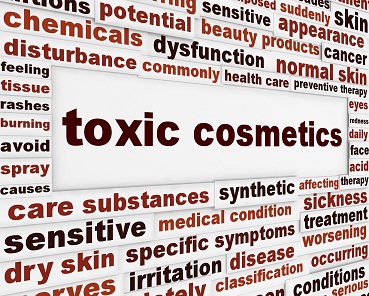
3. Limit Your Exposure to Toxins!
Air-pollution, second hand smoke, radiation, and even your makeup are sources of fetal toxins. Your makeup may contain parabens, lead, bismuth chloride, phthalates, and other chemicals which may be toxic to your baby, and/or your skin. Parabens are associated with endocrine disruption and future impaired fertility in the baby, and breast cancer in the mother. The surge of hormones and changes in your immune system can make your skin very sensitive to chemicals commonly found in makeup. Makeup you always used, may now cause acne, rashes, and other inflammatory eruptions. Try to use safe cosmetics that are non-toxic during pregnancy. Refer to www.VSACHARMD.com for more information and to purchase the world’s only non-toxic safe makeup created exclusively for pregnant women!

4. Caffeine Can Be Your Friend!
Many women suffer from carpal tunnel syndrome in the second trimester of pregnancy. This causes numbness and tinging in the hands, and can be very uncomfortable. Generalized pregnancy induced edema occurs around the nerves near your writs and causes compression, and numbness. Caffeine is a natural diuretic and can often control this problem. 1-2 cups a day can benefit those suffering from carpal tunnel, as well as alleviate many headaches and migraines in pregnancy! We recommend discussing this with your obstetrician before using caffeine to treat these 2 conditions.
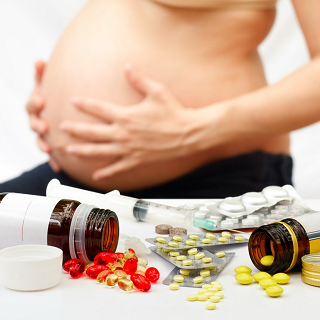
5. Take Your Prenatal Vitamin at Night!
I have had thousands of women complain of nausea in the morning after taking their prenatal vitamin. They did not have morning sickness type of nausea. Personally, I have tried a prenatal pill too, and had severe nausea 1 hour later! To avoid this, take your prenatal vitamin with your dinner. By the time it starts to get dissolved, you will be asleep, and won’t experience all of the side effects.

6. Heartburn in Pregnancy!
Almost everybody experiences heartburn during their pregnancy. The cause is relaxation of the valve between the esophagus and the stomach AND slowed gastric emptying. These are secondary to the hormones of pregnancy, specifically Progesterone. Avoiding some of the triggers may be the easiest way to treat this condition. Caffeine, tea, tomato sauce (pizza, spaghetti), orange juice, big meals…these may all trigger the symptoms of heartburn. This occurs because the acid from the stomach rises into the lower part of the food pipe, and gives a very uncomfortable burning sensation. If avoiding these foods doesn’t help, try over the counter medications such as Tums. This is a simple fix, but doesn’t always work. If you continue to have persistent heartburn, discuss it with your obstetrician, and they can prescribe effective medical treatment. Note, heartburn, also known as gastric reflux is a major cause of nocturnal asthma. For patients with asthma, with worsening symptoms, treatment of your acid reflux may control your symptoms!
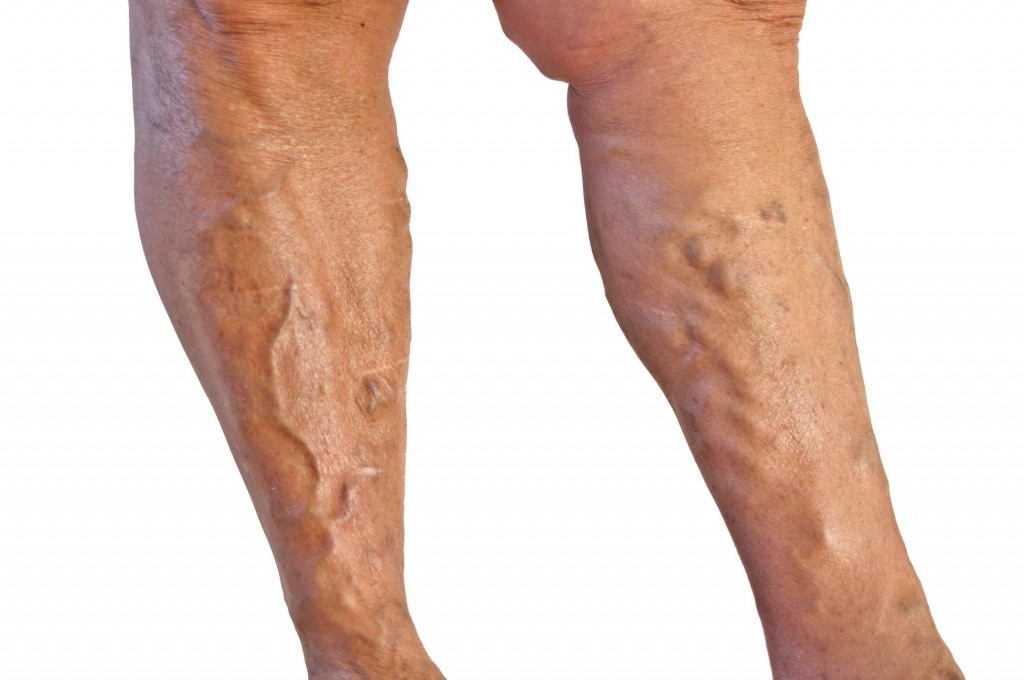
7. Varicose Veins!
Pregnancy is a major risk factor for varicose veins. They can range in severity from a cosmetic irritation, to severe pain. They occur as the pregnancy progresses because the pregnant uterus prevents blood from returning from your legs to your pelvis. It is similar to stepping on a hose; the water backs up, and the hose dilates. The hormones of pregnancy also contribute to varicose veins. Unfortunately, these veins aren’t limited to just your legs, and can occur in the vulva, and be very large and disfiguring. Hemorrhoids are another version of varicose veins! Fortunately there are a few solutions. Elevating your legs whenever possible will help eliminate the force of gravity. The most effective however is medical grade support hose. If you are at risk for varicose veins, be proactive; get support TED hose earlier, go prevent their formation, vs after they have formed. 4For those with painful varicose veins in the vulva, there are support hose for this as well. Discuss this with your obstetrician, and they can give you a prescription. They may be a little expensive, but using these will prevent further varicose veins from developing and alleviate some of the discomfort. For hemorrhoids, a stool softener, high fiber, and lots of water will also help.
For more helpful pregnancy hints, instructional pregnancy videos, upcoming podcasts and to get more information about the world’s first non-toxic makeup exclusively for pregnant women, please go to www.VSACHARMD.com.
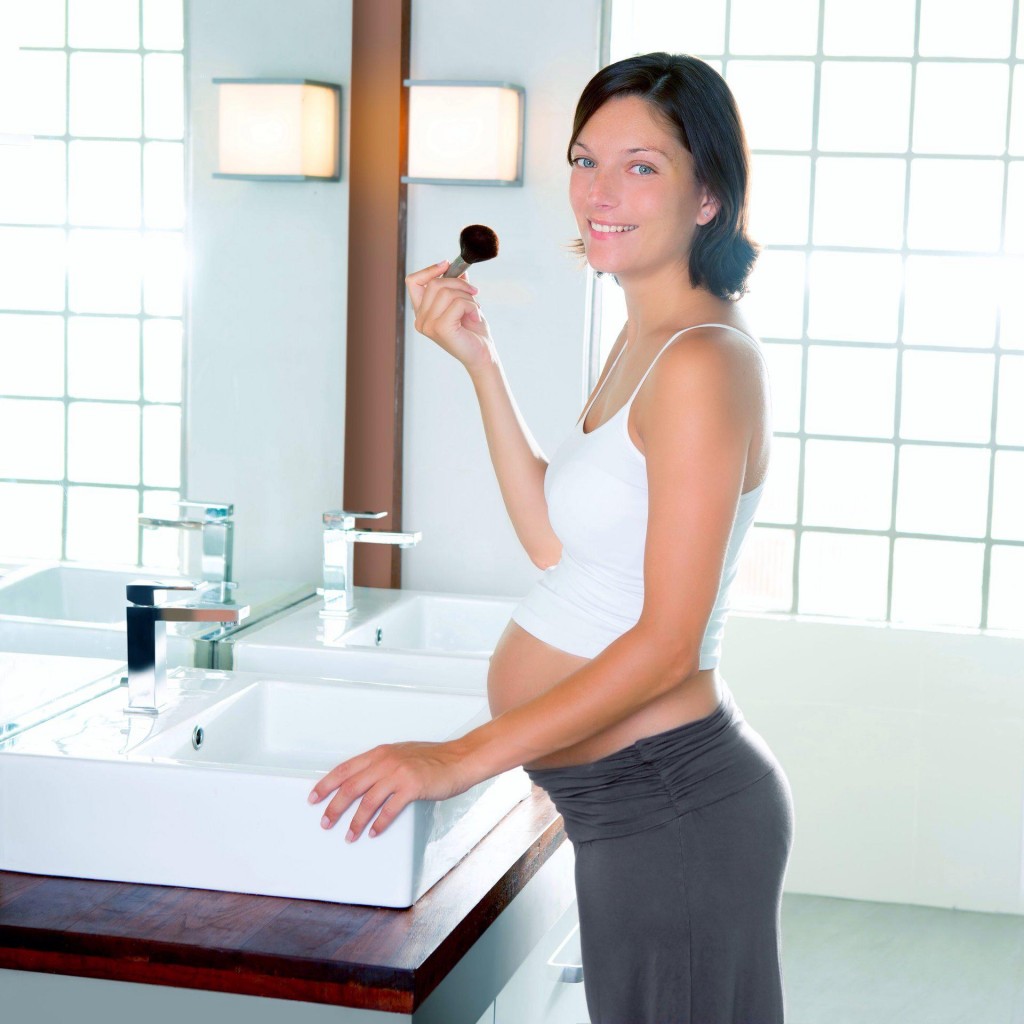
Note: Before making any medical decisions in your pregnancy, discuss them with your obstetrician. The views in this blog are for information and entertainment only, not to be taken as medical advice.
Copyright V Sachar MD, All Rights Reserved 2014
No Part of this Post may be Reproduced Without Expressed Permission

